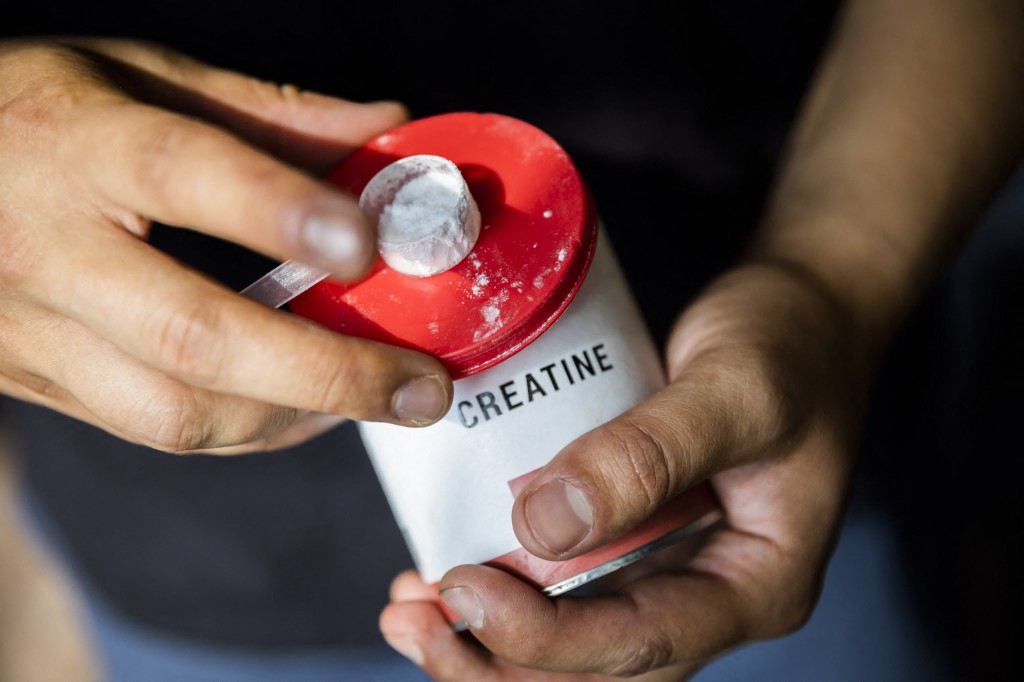Creatine is one of the most popular dietary supplements in the world of sports and nutrition and is widely used by athletes. It is a nitrogenous compound produced by the liver, kidneys, and pancreas, and is found in large amounts in muscles and the brain. In the body, it is stored as phosphocreatine and used to generate energy during short, high-intensity exercises such as weightlifting and sprinting.
Benefits of Creatine for Men and Women
Although creatine was once seen as a male-specific supplement, recent studies have shown that its benefits apply to both men and women, including:
- Increased muscle mass: Creatine helps stimulate muscle growth by increasing water retention within muscle cells, leading to a visible increase in size and strength.
- Faster recovery: It helps reduce muscle damage after workouts (commonly known as muscle soreness) and speeds up the recovery process.
- Enhanced brain function: Some evidence suggests creatine may help improve cognitive performance, especially under mental stress or sleep deprivation.
- Support for postmenopausal women: Certain studies indicate creatine may help reduce muscle and bone loss in women as they age.
Side Effects of Creatine
While creatine is generally considered safe when used within the recommended dosage (3–5 grams per day), some individuals may experience side effects such as:
- Water retention: Creatine increases water retention in muscles, which can cause temporary weight gain.
- Digestive issues: Nausea or diarrhea may occur when large doses are taken at once.
- Muscle pain or cramps: Rare but possible in some users.
- Kidney concerns: Although no conclusive evidence links creatine to kidney damage in healthy individuals, those with pre-existing kidney conditions are advised to consult a doctor before using it.
How Common Is Creatine Use?
In recent years, the creatine supplement market has seen significant growth. Statistics show that millions of people around the world use it regularly, particularly in the United States and Europe, where it is one of the top-selling sports nutrition products. It is estimated that nearly 20% of gym-goers use creatine regularly, with a growing number of women incorporating it into their fitness routines.
Please post your comments on:
[email protected]
 Politics
Politics













